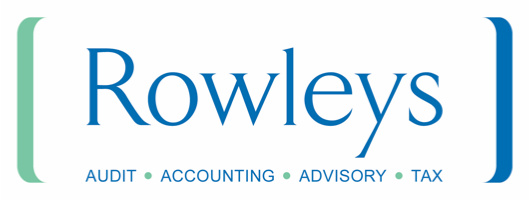News & Events
Challenges in establishing a Pension Protection Fund consolidator for Defined Benefit pension schemes
14th March 2024
The UK government’s initiative to establish a public sector consolidator by 2026 for smaller Defined Benefit (DB) pension schemes, primarily unattractive to commercial providers, is a significant development. The proposed consolidator is expected to operate under the umbrella of the Pension Protection Fund (PPF), sparking discussions on its potential design and eligibility criteria. As the government plans a consultation to address these aspects, numerous challenges and unanswered questions loom over the project. In this article Rowleys Head of Pensions, Matt Hutchinson, shares more about the plans, along with the risks and challenges.
Consolidation models
The government’s vision for the consolidator spans a variety of possibilities. At one end, a pooled investment vehicle operated by the PPF could cater to smaller DB schemes. In the middle, a DB master trust run by the PPF would allow schemes to transfer assets and liabilities, potentially leading to aggregated services and pooled investments. At the other end, a fully-fledged consolidator, often referred to as a ‘superfund,’ could break the employer link entirely, posing legal risks and practical challenges for the PPF.
Key risks
The primary legal question revolves around whether the link to a scheme’s employer(s) will be severed. If so, the PPF consolidator would bear the responsibility of ensuring members’ benefits are paid without recourse to additional employer contributions. Critical considerations include determining the funding level for entry, the need for a buffer fund to address future shortfalls, and potential funding sources for this buffer, such as private capital or existing PPF funds.
The scenario of members’ benefits not being fully paid raises complex issues, potentially putting the PPF in a dual role of consolidator and lifeboat. Managing internal conflicts within the PPF and ensuring ultimate protection through the compensation fund become pivotal aspects that demand careful consideration.
Eligibility criteria
Determining which schemes are eligible for the PPF consolidator poses another challenge. The government aims to target smaller DB schemes unattractive to commercial providers, likely necessitating a maximum size threshold. Drawing inspiration from the “gateway test” for superfunds, the eligibility criteria may be based on schemes unable to access the buy-out market, as determined by insurer rejections or extended buy-out periods.
Practical challenges
Assuming responsibility for paying members’ benefits, as outlined in the proposed models, presents a completely new challenge for the PPF. While the PPF’s current role involves compensating members in a standardised manner, becoming a consolidator would require managing diverse benefit structures, potentially involving the exercise of discretion.
If a public DB master trust is established, the PPF must navigate ongoing relationships with scheme employers, including defining long-term funding and investment strategies and negotiating recovery plans for funding deficits.
Future prospects
While the government and the PPF express commitment to the consolidator idea, the ultimate success hinges on broader political support. Cross-party consensus and significant primary legislation are essential for implementation. With the timeline extending to 2026 and potential intervening factors, including a General Election, uncertainties persist regarding the fate of this ambitious proposal.
The Rowleys pensions team are pension audit experts. We work with a large number of pension schemes, taking a balanced, risk-based approach to audit. If you’d like to discuss your pension scheme accounts and audit requirements, then please get in touch.
